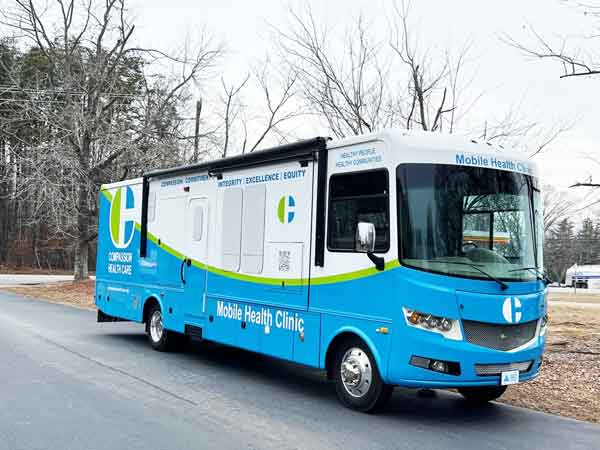Living with Depression: Tips for Seniors on Where to Find Help
Guest post by Teresa Greenhill of Mental Health For Seniors
Depression can be a devastating issue for anyone, but for seniors, it can affect their quality of life and lead to multiple mental and physical issues. While there are many causes — such as loneliness, illness, and mental health disorders — depression is often difficult to self-diagnose and can occur with other issues, meaning it’s important to find good healthcare with a professional who can help. This can be difficult for many seniors, even with the aid of Medicare, since these policies can be hard to understand.
That’s why it’s so crucial for seniors to understand their health insurance policies from top to bottom and to find answers to their questions as soon as possible. Finding assistance with any mental health disorder is essential for seniors, as one issue can quickly lead to other problems if left unaddressed. With depression, many people find that they are unable to take care of themselves physically, and for a senior who may already have health issues, this can be a significant problem.
Here are some tips on how you can find help and manage your depression as a senior.
Get to know your plan.
Medicare does cover certain services related to managing depression and the symptoms that accompany it, but it’s crucial to get to know your policy and learn what you may be responsible for. Medicare Part B — medical insurance that requires a copayment — takes care of counseling for a variety of issues, including depression, but you will likely be required to pay about 20 percent of the doctor’s fees during your treatment (after you’ve met your deductible). Depending on your needs, it may be beneficial to switch to a Medicare Advantage Plan that will help you pay for prescription medication, dental and vision care, and hearing screenings, all of which could play a role in boosting your mental health.
Talk to your provider.
It’s important to talk to your primary care provider about your needs since any changes could also mean changes for your medical requirements, and therefore your coverage. Depression comes in many forms and for many reasons, and affects many different parts of the mind and body; as we get older, the way we react to those alterations in our chemistry can become different. Keep in mind that just because your provider has been able to help you up until this point, it doesn’t mean that he’ll be able to attend to your changing needs forever, or that certain treatments will still be covered under your Medicare policy.
Focus on yourself.
When you’re living with depression, one of the best things you can do is focus on yourself a little bit every day. Whether this means taking a break to spend time alone gardening or going out for coffee with a friend, making your needs a priority each day will help you get to a good place both mentally and physically. Because depression often comes with an inability to take care of ourselves, it can be very helpful to place importance on relaxation and positive touch, such as massage.
Find support.
Having support is essential when you’re living with a mental health disorder like depression, but where it comes from is up to you. You might talk to friends or loved ones about your needs, or join a support group online. Talk therapy is very helpful for individuals who are facing difficult thoughts, as is counseling. Think about which approach might be best for you.
Living with depression can be extremely overwhelming for many people, but it is not a sign of weakness to ask for help. Think about the best ways to get assistance and remember to practice self-care as much as possible. Set small goals for yourself that will help you stay motivated and confident. With time, you will feel better.


